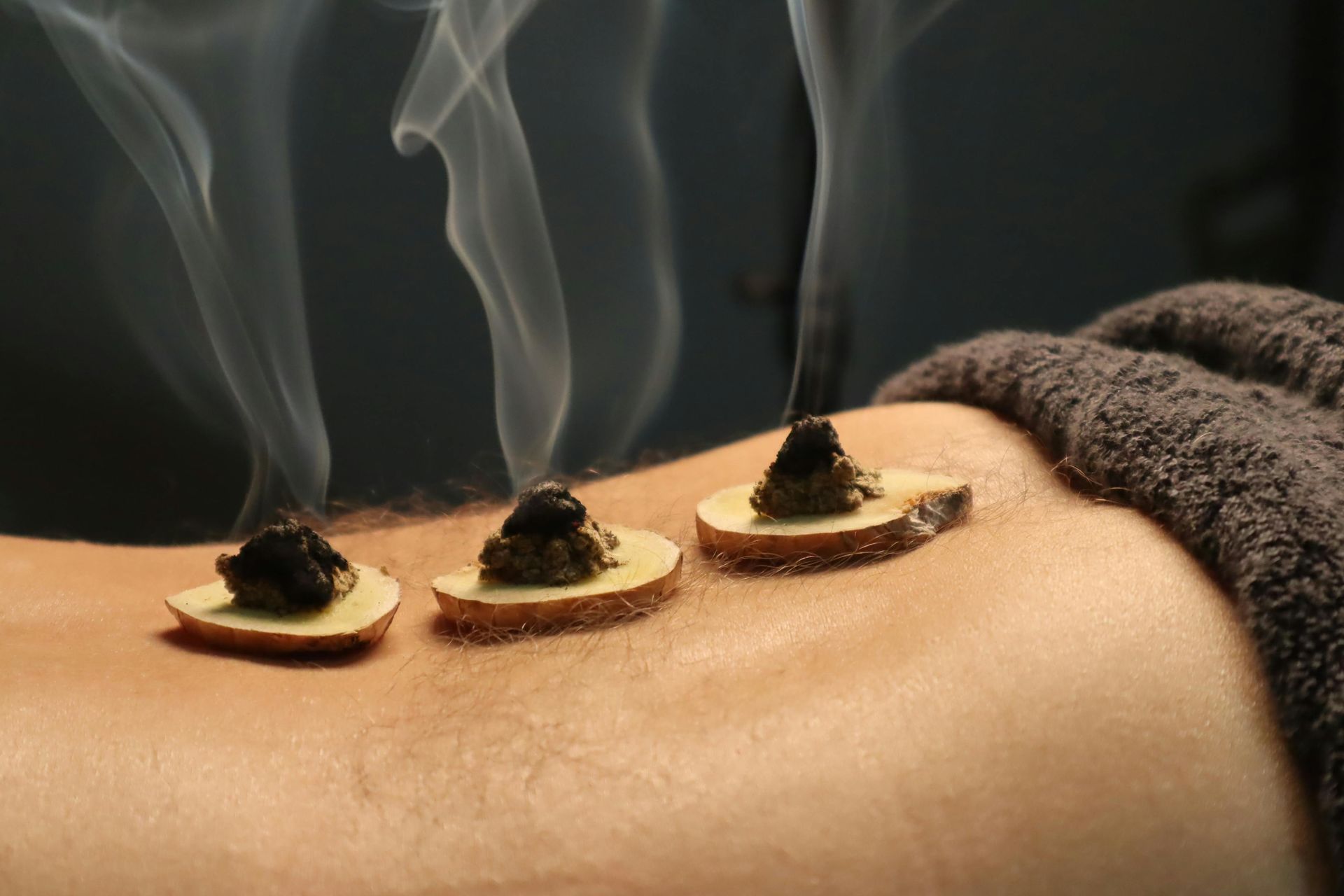The Path To Internal Harmony
Reducing Stress through Science and intention
Stress is an inevitable part of life, woven into our biology and environment. While it can challenge us, stress also has the potential to shape us—if we learn to manage it intentionally. By understanding the science behind stress and adopting practices that reduce its harmful effects, we can transform stress into a tool for growth rather than a source of harm.
In this blog, we’ll explore the critical concepts of oxidative stress and antioxidants, their role in the stress response, and how we can intentionally adapt to life’s challenges to restore balance in the body and mind.

Stress: A Natural and Inevitable Force
Stress, in its purest form, is a survival mechanism. It drives adaptation, helps us respond to threats, and keeps us alert. However, in modern life, chronic stress often overwhelms this system, leading to long-term health consequences.
The key lies in understanding that while stress is inevitable, we have the ability to direct it. How we choose to adapt to stress—physically, mentally, and emotionally—can either enhance our resilience or contribute to imbalance.
What is Oxidative Stress?
To understand the impact of stress on the body, it’s essential to dive into oxidative stress. At its core, oxidative stress occurs when there’s an imbalance between free radicals (unstable molecules produced during normal cellular processes) and the body’s ability to neutralize them with antioxidants.
Free Radicals and Their Role:
- Free radicals are naturally formed in the body through activities like metabolism, exercise, and exposure to environmental toxins. In small amounts, they’re essential for processes like immune defense and cellular signaling.
Antioxidants: The Body’s Defense System:
- Antioxidants, such as vitamins C and E, are molecules that stabilize free radicals by donating electrons, preventing them from damaging cells and DNA. When the body’s antioxidant supply is insufficient, oxidative stress occurs, contributing to inflammation, cellular damage, and chronic illnesses.
In the context of stress, physical or emotional strain increases the production of free radicals. Over time, this can overwhelm the body’s defenses, making oxidative stress a critical factor in the relationship between stress and health.
Reducing Internal Stress: A Two-Pronged Approach
By addressing both oxidative stress and our emotional response to life’s challenges, we can create a comprehensive strategy for stress management.
1. Molecular Hydrogen: A Selective Antioxidant
Modern advancements in science, such as molecular hydrogen therapy, offer promising tools for reducing oxidative stress. Molecular hydrogen is unique because it acts as a selective antioxidant, targeting harmful free radicals (like hydroxyl radicals) while preserving beneficial molecules needed for cellular function.
Research has shown that molecular hydrogen:
- Reduces inflammation and supports cellular health.
- Enhances recovery in individuals experiencing fatigue or illness, such as post-COVID-19 fatigue {"} (").
- Improves overall resilience by mitigating the harmful effects of oxidative stress.
Incorporating hydrogen-rich water or inhalation therapies into your routine can help protect your body from the physiological impacts of chronic stress.
2. Intentional Adaptation: Directing Stress
While we cannot eliminate stress, we can learn to respond to it intentionally. This means shifting our mindset from fighting stress to adapting to it with purpose.
Practical Strategies to Manage and Adapt to Stress:
- Mindfulness Practices:
Techniques like deep breathing, meditation, or yoga help calm the nervous system and redirect stress energy into a restorative state.
- Traditional Healing Wisdom:
Practices such as acupuncture or herbal remedies from Traditional Chinese Medicine (TCM) support the body’s energy flow, addressing stress holistically.
- Physical Movement:
Exercise releases endorphins and reduces free radical buildup, acting as a natural antidote to both emotional and oxidative stress. Even gentle activities like walking or stretching can have profound effects.
- Nutrition and Antioxidants:
A diet rich in antioxidant-dense foods—like berries, greens, nuts, and seeds—can bolster your body’s defense system. Pairing this with molecular hydrogen therapies creates a robust approach to combating oxidative stress.
- Social Support and Connection:
Having an accountability partner or community encourages resilience. Whether it’s sharing a moment over a smoothie or committing to a self-care routine together, connection alleviates emotional stress.
Embracing Resilience Through Intention
By reducing internal stress, we reclaim our power to thrive in a demanding world. Stress will always be a part of life, but how we manage it defines the quality of our experience. Intentional adaptation, fueled by tools like mindfulness, antioxidants, and modern therapies like molecular hydrogen, transforms stress from a burden into a catalyst for growth.
As you reflect on your relationship with stress, ask yourself:
- How can I embrace stress as a natural part of life?
- What intentional practices can I adopt to direct stress in a healthier way?
With a combination of scientific insights and time-tested practices, you can create a harmonious balance in your body and mind—one that supports resilience, vitality, and well-being.
References:
Xu, Z., et al. (2024). The Landscape of Smart Biomaterial‐Based Hydrogen Therapy. Advanced Science.
Author, A., & Author, B. (Year). Title of Paper. Journal Name, Volume(Issue), Page Numbers.
Elev8d Essence: The Balance Blueprint




